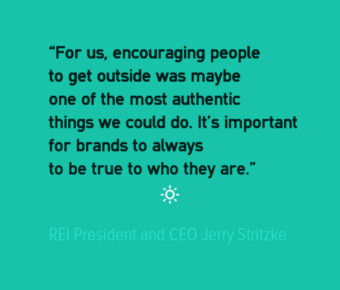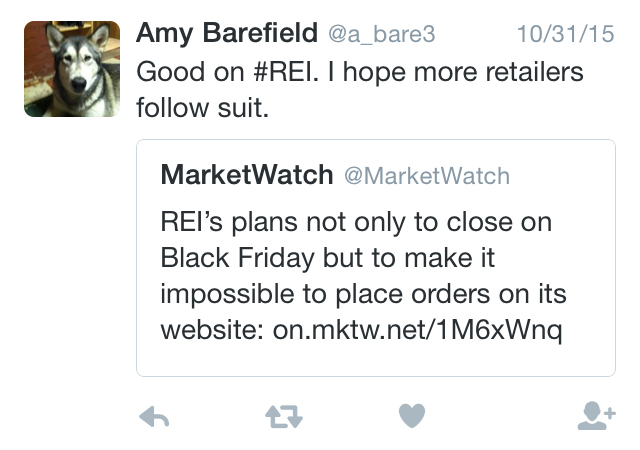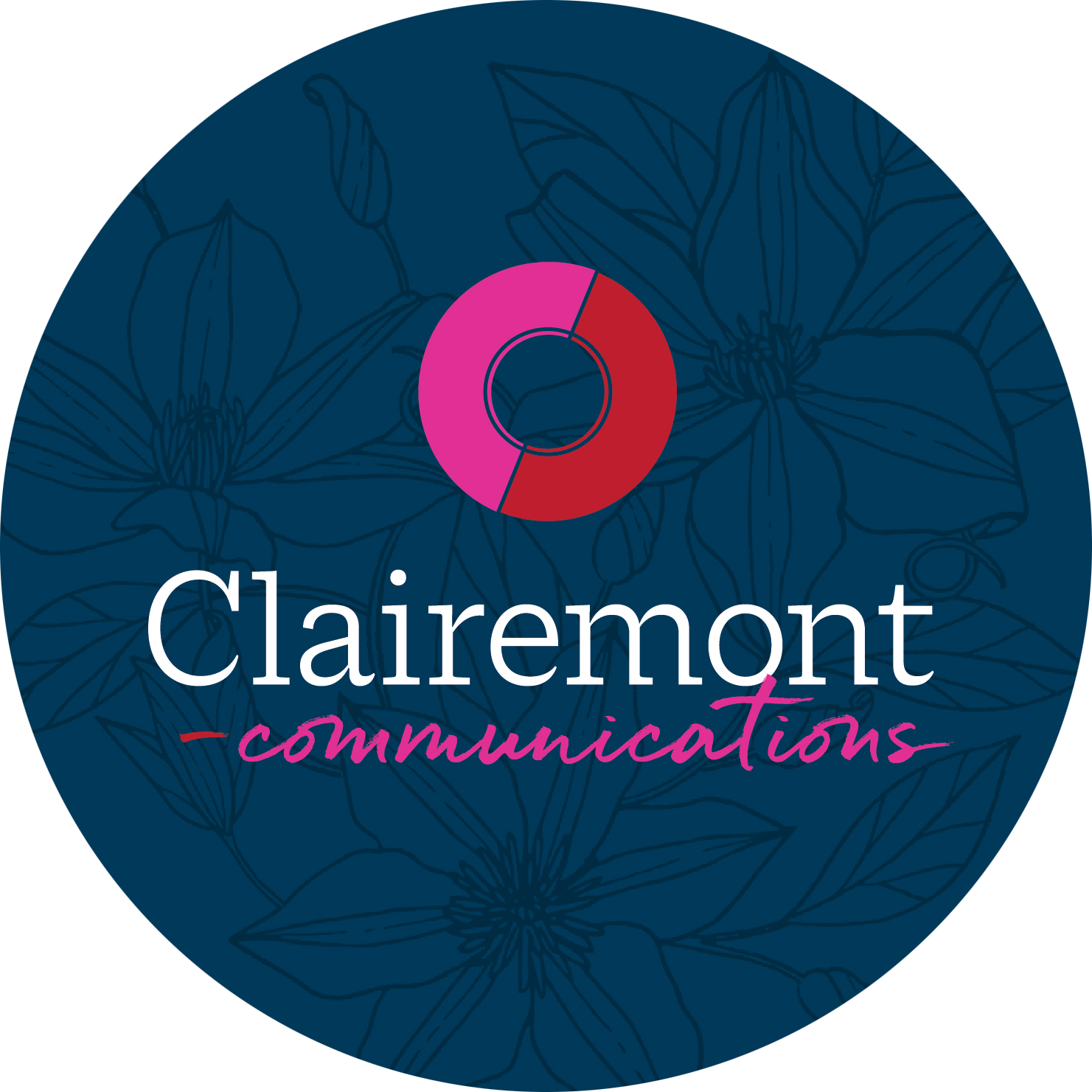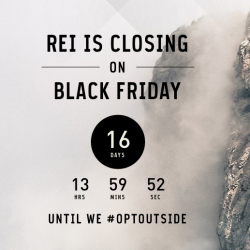Recently, REI rocked the internet with its shocking holiday announcement: not only will the retailer remain closed on Thanksgiving, it won’t open on Black Friday. At all.
Commentaries from heavy hitters like Forbes, CNN Money and USA Today grappled with the impact of this corporate decision. Why would any exec in his or her right mind voluntarily sacrifice the sales from one of the largest shopping days of the year? And what about the brand’s life-long loyalists? REI runs the risk of frustrating its core customer base and losing sales not just on Black Friday but into perpetuity.
But a closer look reveals a pay off in REI’s brand strategy.
1. The Right Timing
First, the rule that touts “location, location, location” should actually promote “timing, timing, timing.” For visibility, REI couldn’t have selected a more prominent day. A chain of only 143 stores is by no means a Fortune 500 powerhouse, but yet with that one decision, REI garnered nationwide attention from almost every major news outlet. The sheer juxtaposition of expectation versus execution hooked the media.
2. The Right Reasons
REI applied a foundational marketing principle that may increase brand value over time. According to Fast Company, the top thing that customers want from a brand is not good service or quality products. Consumers want honesty. They crave a company that lives out its values—a concept known as brand authenticity.
out its values—a concept known as brand authenticity.
REI is closing its doors to encourage its employees (and fans) to enjoy the outdoors, a principle upon which the company was founded. In theory, true REI fans will recognize this gesture as a valid commitment to core values, including an active, healthy lifestyle. The behavior matches the promise; this must be a brand I can trust. And since brand trust positively correlates to purchase intention, REI may even make up those lost sales–and then some–in the next few quarters.
3. The Right Execution?
So far, so good. The CEO and president, Jerry Stritzke, nailed the talking points in interviews. Feedback on social media has proved to be largely supportive, and the website’s count of #OptOutdoor supporters climbs by the minute. REI even provides options for outdoor activities—albeit far from comprehensive—to foster options. With  goodwill stockpiled, REI now must execute and leverage its brand strategy. Photos and visuals of staff enjoying the outdoors on Friday or a welcome-back experience for refreshed fans on Saturday would seal the deal and drive home the message.
goodwill stockpiled, REI now must execute and leverage its brand strategy. Photos and visuals of staff enjoying the outdoors on Friday or a welcome-back experience for refreshed fans on Saturday would seal the deal and drive home the message.
Let’s watch how REI navigates its bold commitment that will either boost (or blow) its popularity. Tweet us your thoughts @clairemontcomm.

